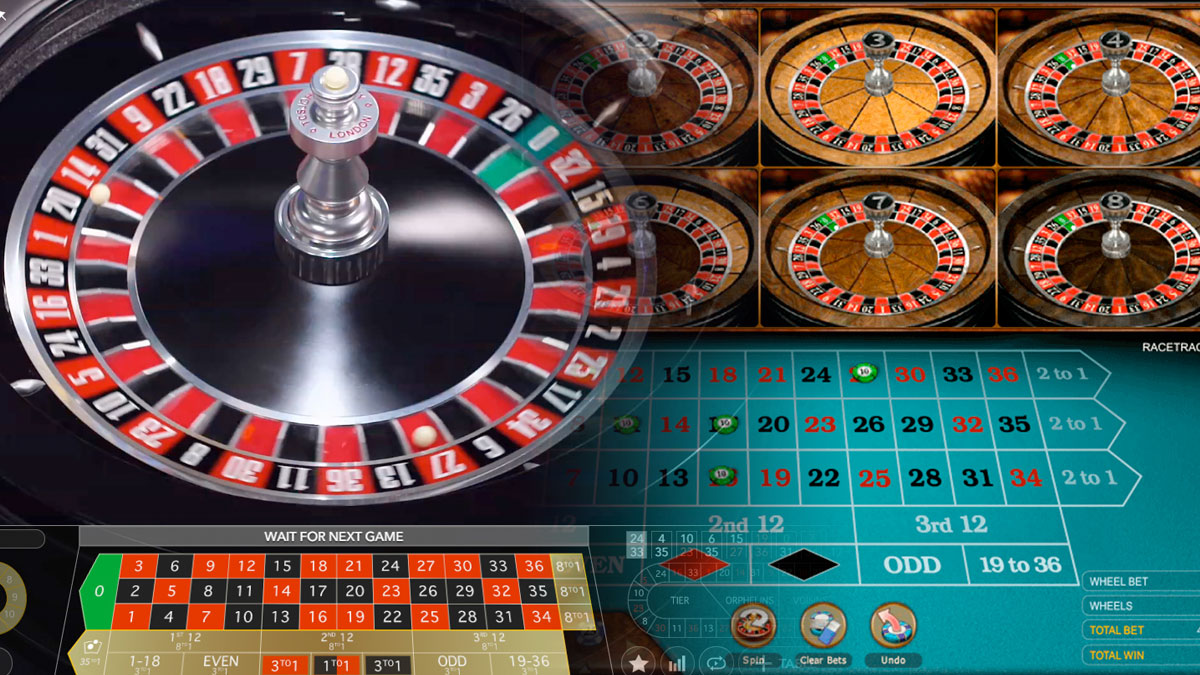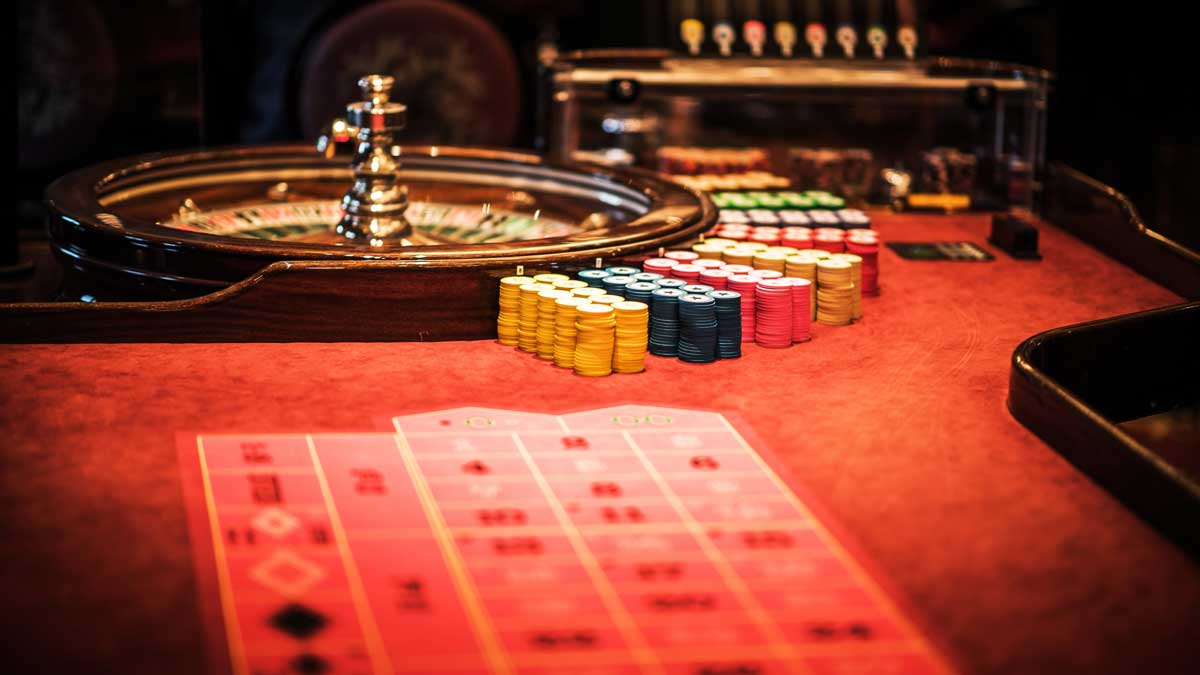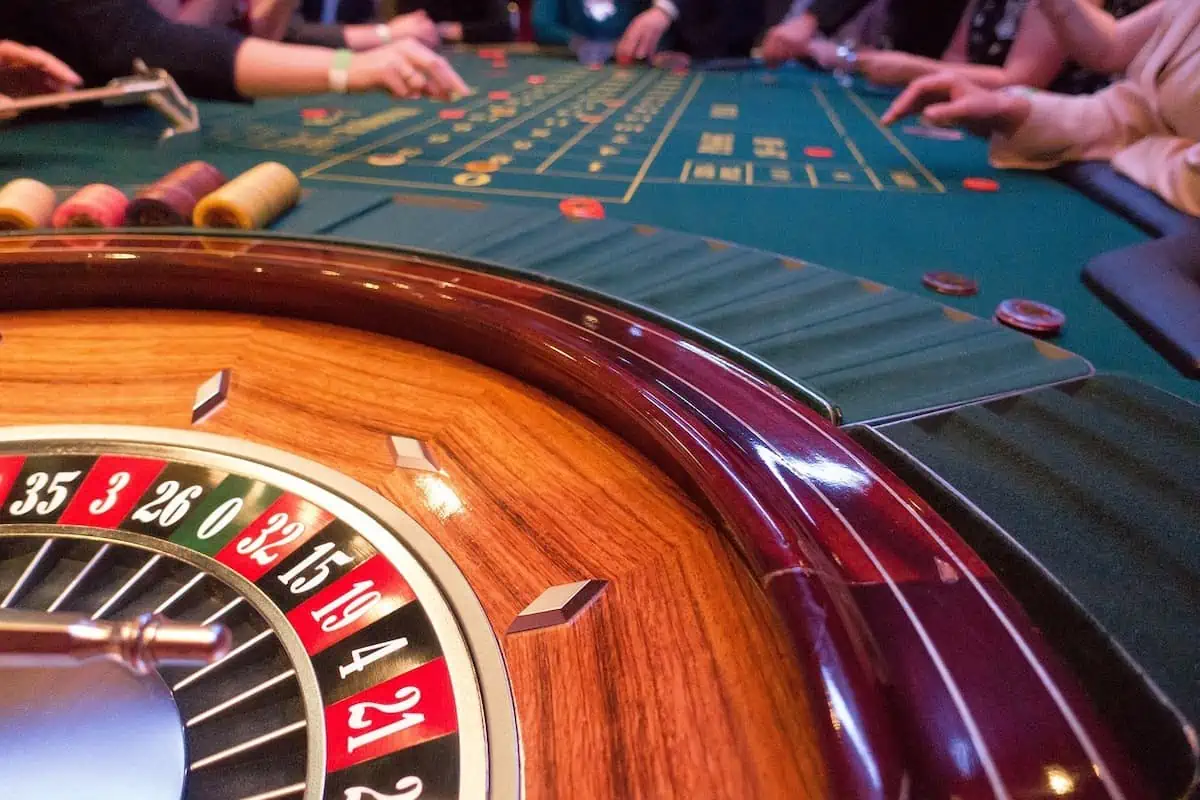The Evolution of Roulette
Roulette is one of the most captivating casino games to make its way into video games, whether in its European or American variation. Video game designers have artfully integrated this minigame into immersive worlds for maximum entertainment value.
Roulette’s roots go back to 17th-century French physicist Blaise Pascal, who created it during his efforts to build a perpetual motion machine. Since then, roulette has become an iconic form of gambling worldwide.
Origins
Roulette’s origins remain somewhat of an enigma. First created by French math wizard Blaise Pascal, its original form remains unclear. Over time it became popular at Monte Carlo casinos where its luxurious yet leisurely gambling experience offered players luxurious gambling experiences. When roulette arrived in American territory however, cheating became widespread so the wheel was placed directly on top of the table to prevent devices being hidden underneath while betting layout was simplified further.
Though roulette may have originated in France, its design and gameplay were heavily influenced by two similar 17th-century European games: Roly Poly and Even-Odd. When gambling became illegal throughout Europe, Francois and Louis Blanc moved the wheel to Monte Carlo where it gained enormous renown.
Rules
Roulette is a gambling game in which participants attempt to predict where a small ball will land on a spinning wheel, placing bets on which red or black numbered compartments the ball may land in. First popularized during the 18th century in illegal gambling houses across Europe, roulette became increasingly widespread over time.
At first, roulette wasn’t widely played in America until the 18th century when it made its way across the Atlantic and onto casino floors in North America. As its American version gained popularity, its rules changed slightly to favor the house by offering insurance bets known as La Partage.
Variations
Roulette became popular in the US after it was brought there by European settlers in the 18th Century. Although, due to low odds it offered, American gamblers did not enjoy playing it so avidly; therefore they began developing variants of the game that had different rules in order to sway more in their favour.
One key difference was American roulette’s inclusion of two zeroes, giving the house an additional edge and making winning much harder for players. French brothers Francois and Louis Blanc removed this extra zero from the wheel in 1843 – this resulted in what we know today as roulette.
Bets
Roulette remains a mainstay in casino game circles and its appeal has increased considerably with the recent emergence of online casinos allowing gamblers to gamble from any location around the globe using any device imaginable.
Roulette’s origins remain obscure, although its basic concept can be traced back to two 17th-century games: Roly Poly and Even-Odd. Blaise Pascal introduced mathematical theory of probability as well as inventing the roulette wheel itself.
Bonuses
Recently, roulette has seen a comeback on the gambling scene thanks to online casinos. New casinos platforms are constantly being made available so now it is possible to enjoy this classic casino game whenever and wherever it suits without needing to travel somewhere physically to do so.
Although its exact origins remain obscure, it’s generally agreed upon that French physicist Blaise Pascal first developed it during his search for a formula to calculate cycloids. Over time it quickly spread throughout America where gambling dens used wheels placed directly onto tables so operators and players couldn’t use devices underneath it to cheat at roulette.
Legality
Roulette has seen a global resurgence thanks to online casino platforms that enable players to experience both American and European versions from the comfort of their own home.
Modern roulette was developed during the 17th century France, drawing its inspiration from two popular games of that period: Roly Poly and Even-Odd. Francois and Louis Blanc later patented this version of roulette for use there.
Poker quickly gained popularity at European casinos, yet struggled to catch on in America due to the low house edge of the game and an uncomfortable house edge ratio – prompting American gamblers to try and devise versions with better odds for them.
Online casinos
Online casinos make it possible to enjoy roulette from the convenience of your own home, offering European, American and other versions of the game to meet every taste and preference.
Roulette is one of the world’s most beloved casino games. With the advent of online casinos allowing people to gamble from their homes, its popularity has skyrocketed. Furthermore, roulette has been tailored for different styles of gameplay including live dealer tables.




